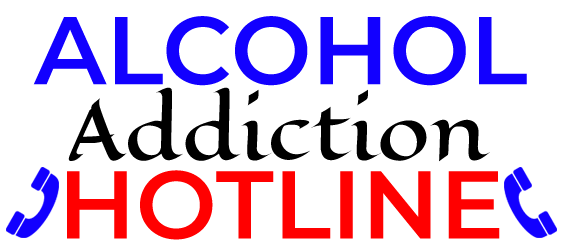Signs of Alcohol Abuse
Alcohol abuse can have a significant impact on a person’s physical, mental, and social well-being. If you suspect that someone may be struggling with alcohol abuse, there are several signs and symptoms to look out for. It’s important to note that the presence of one or more of these signs does not necessarily indicate alcohol abuse, but if you notice a pattern or multiple signs, it may be cause for concern.
What are Signs of Alcohol Abuse?
- Increased Tolerance: Needing to drink larger amounts of alcohol to achieve the desired effect or feeling less intoxicated despite consuming the same amount.
- Loss of Control: Being unable to limit the amount of alcohol consumed or repeatedly trying to cut down on drinking without success.
- Withdrawal Symptoms: Experiencing physical or emotional withdrawal symptoms when alcohol use is stopped, such as nausea, sweating, shaking, anxiety, or irritability.
- Neglecting Responsibilities: Failing to fulfill obligations at work, school, or home due to alcohol use.
- Continued Use Despite Consequences: Drinking alcohol despite knowing it is causing or worsening physical or psychological problems or having interpersonal issues.
- Isolation and Secrecy: Preferring to drink alone or in secret and becoming more withdrawn from family and friends.
- Increased Time Spent Drinking: Spending a significant amount of time obtaining, using, or recovering from the effects of alcohol.
- Legal Problems: Experiencing legal issues, such as DUI arrests or public intoxication charges, as a result of alcohol use.
- Neglected Appearance: Showing a decline in personal grooming and neglecting one’s physical appearance.
- Changes in Behavior: Displaying mood swings, irritability, or aggressive behavior when drinking or when unable to drink.
- Drinking in Risky Situations: Consuming alcohol in situations where it is physically hazardous, such as before or during driving or operating machinery.
- Prioritizing Drinking Over Other Activities: Giving up hobbies or social activities to drink.
 Getting help for alcohol abuse is a crucial step towards reclaiming one’s health and well-being. Recognizing the signs of alcohol abuse and acknowledging the need for assistance is a brave and commendable decision. Seeking professional help from healthcare providers, addiction specialists, or counselors is an essential first step on the journey to recovery. These professionals can offer a supportive and non-judgmental environment to discuss the challenges of alcohol abuse and develop personalized treatment plans tailored to individual needs.
Getting help for alcohol abuse is a crucial step towards reclaiming one’s health and well-being. Recognizing the signs of alcohol abuse and acknowledging the need for assistance is a brave and commendable decision. Seeking professional help from healthcare providers, addiction specialists, or counselors is an essential first step on the journey to recovery. These professionals can offer a supportive and non-judgmental environment to discuss the challenges of alcohol abuse and develop personalized treatment plans tailored to individual needs.
There are various resources available for those seeking help with alcohol abuse. Alcoholics Anonymous (AA) and other support groups provide a sense of community and understanding by connecting individuals with others who have faced similar struggles. In addition to support groups, rehabilitation centers and outpatient treatment programs offer comprehensive care, including medical detoxification, counseling, therapy, and relapse prevention strategies. Friends and family members can play a crucial role in providing emotional support and encouragement throughout the recovery process. Remember, overcoming alcohol abuse is a journey, and with the right support and determination, it is possible to achieve a healthier and more fulfilling life.
National Alcohol Crisis Addiction Hotline
When you call the National Alcohol Crisis Addiction Hotline, you can expect a supportive and confidential conversation. We’re here to listen to your concerns, answer your questions, and provide guidance on various alcohol treatment options, including counseling, detoxification programs, rehabilitation centers, and support groups. Our goal is to empower you with the knowledge and resources necessary to make informed decisions about your health and well-being. Call today (888) 260-0553
